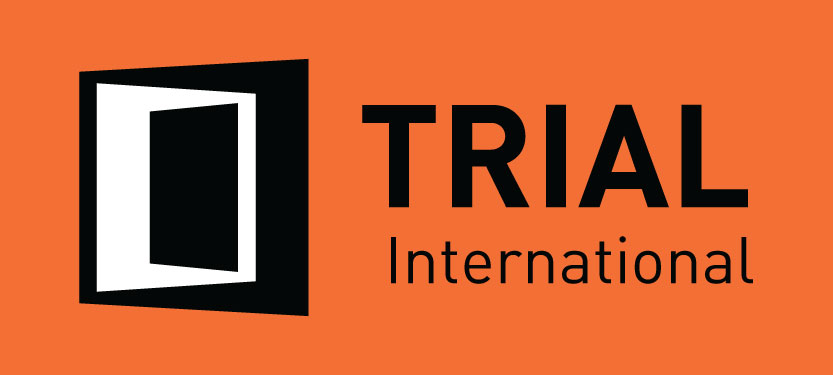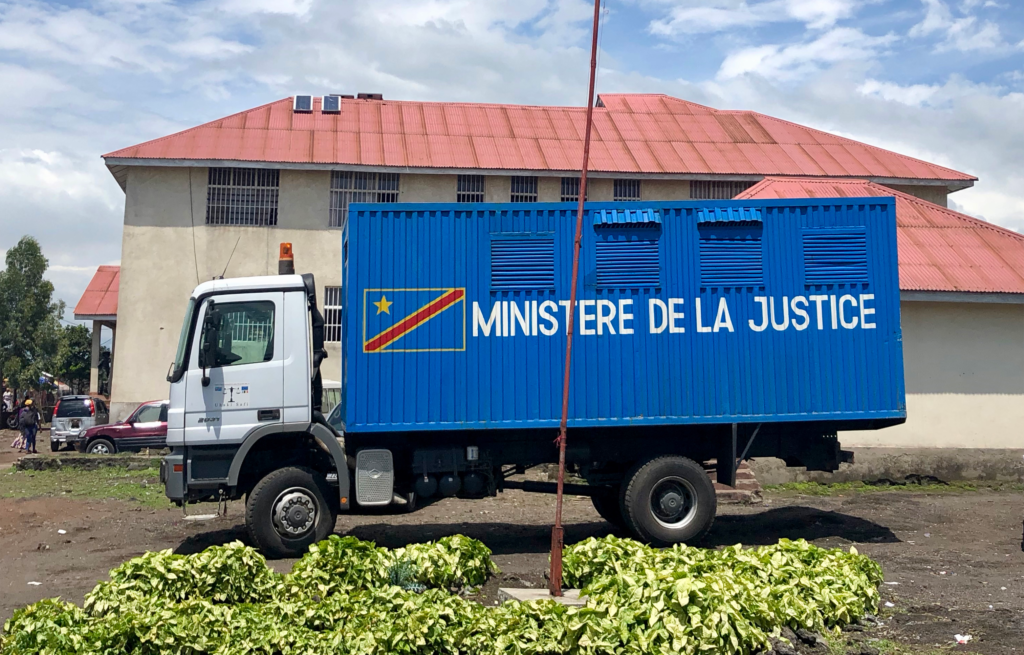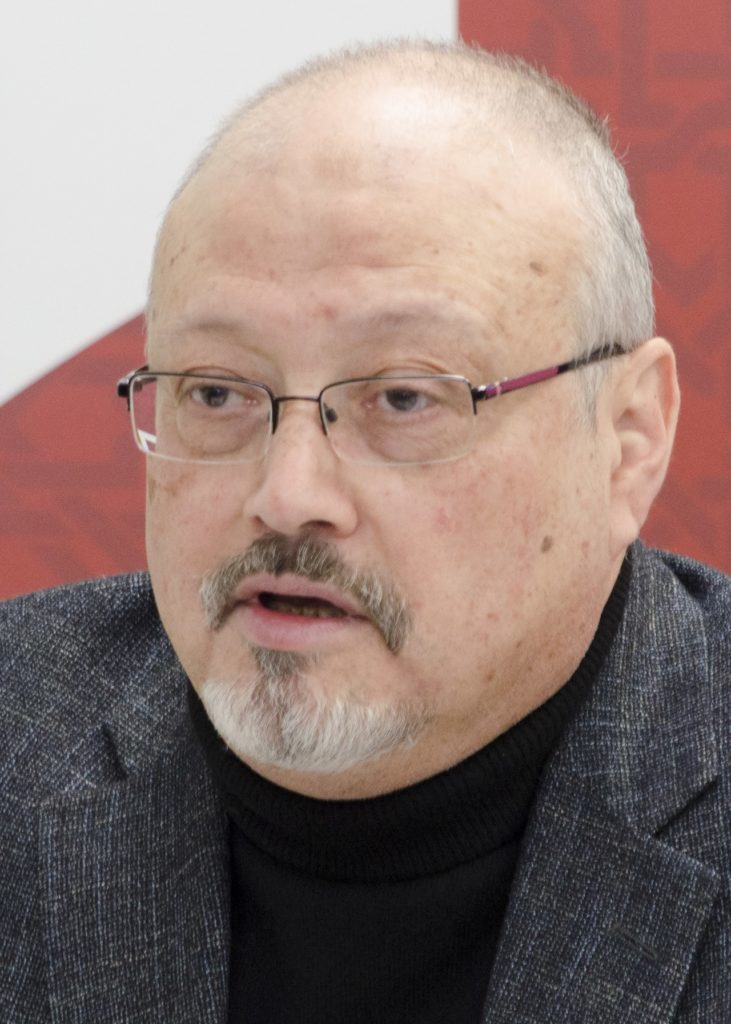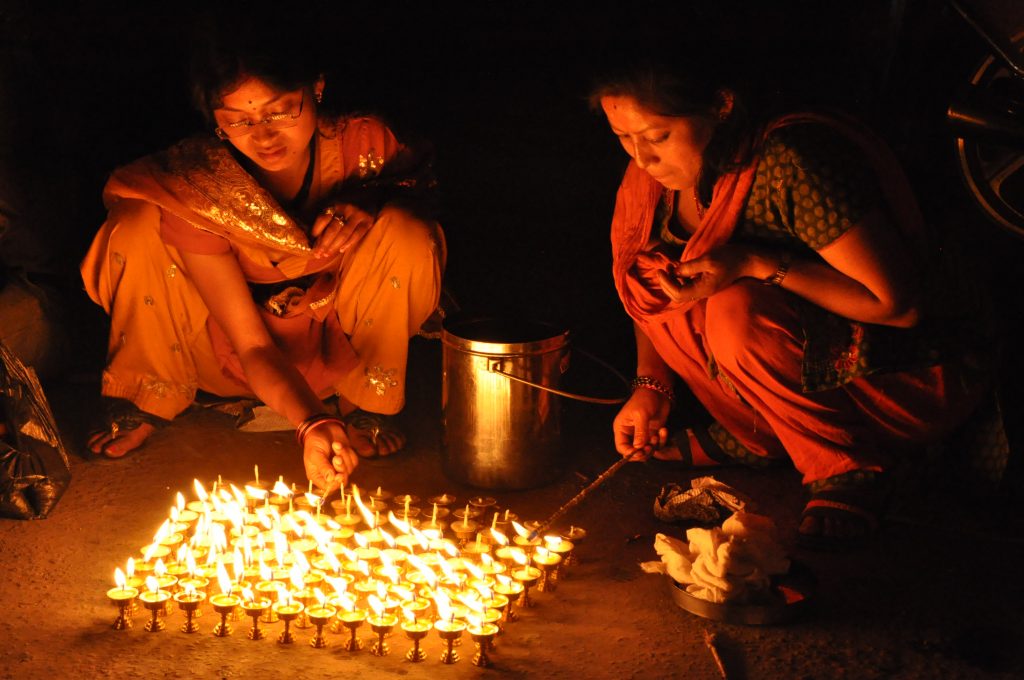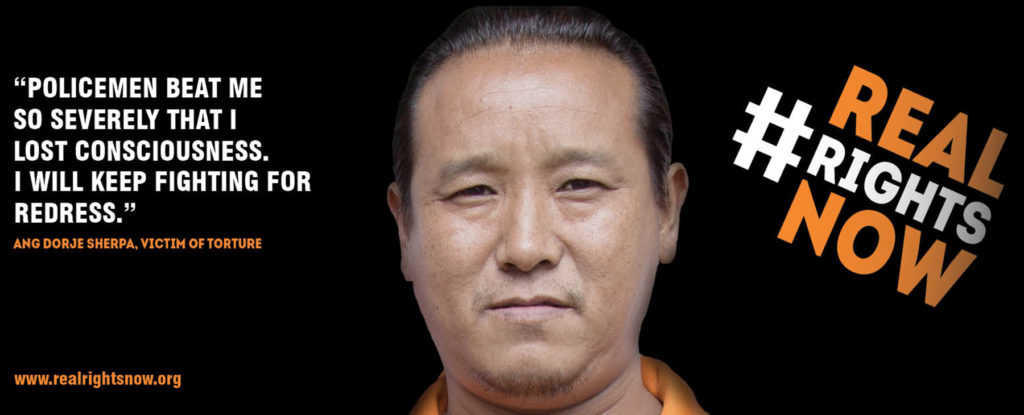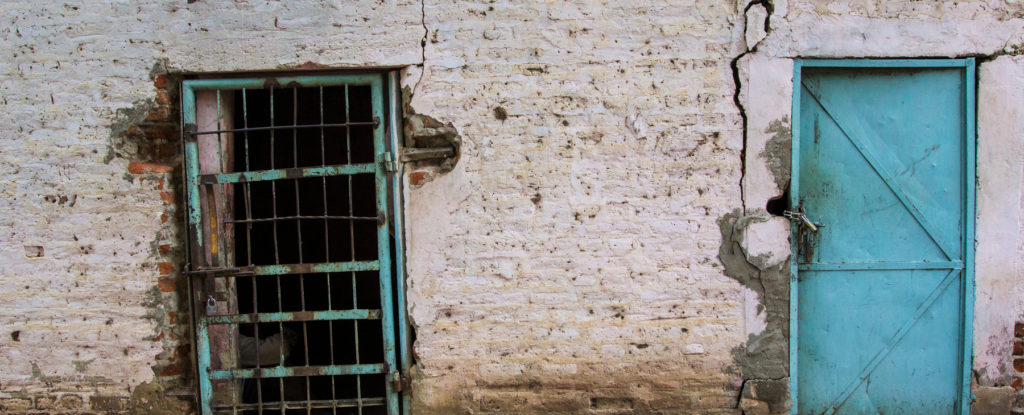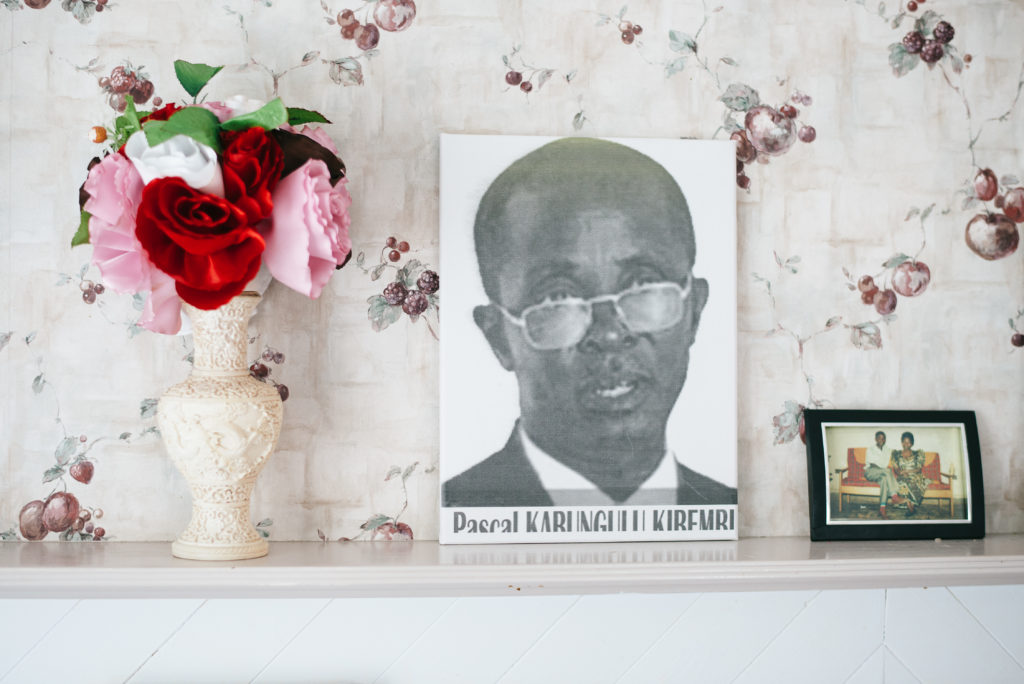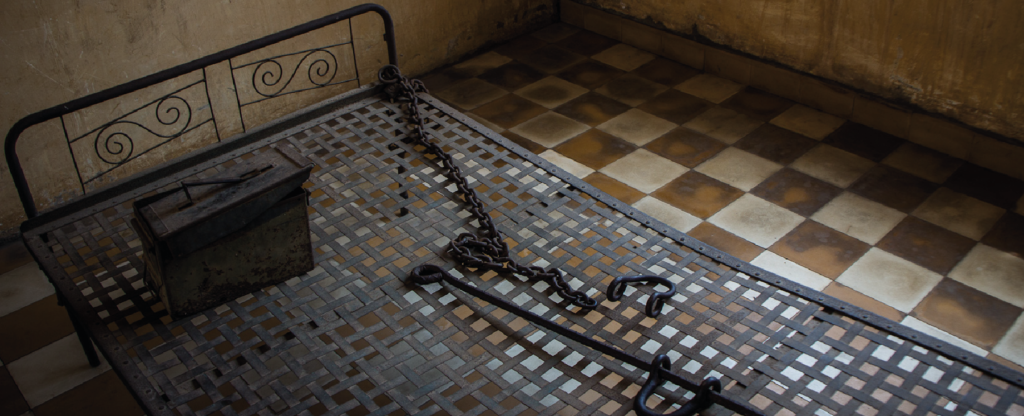The fight against impunity does not require recourse to the death penalty
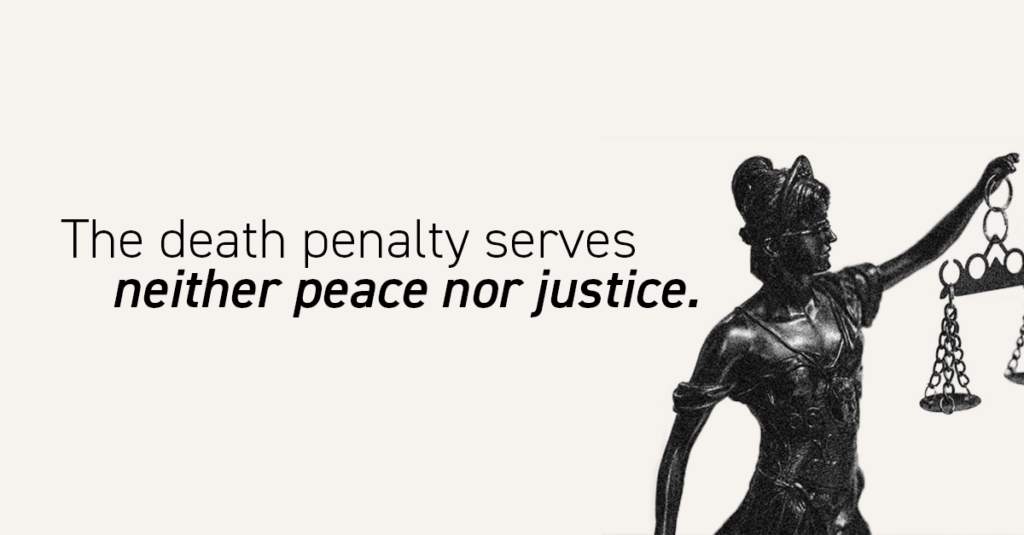
The fight against impunity does not require the use of the death penalty.
TRIAL International expresses its deep concern at the decision to lift the moratorium on the execution of the death penalty in the DRC. Developments in international law and state practice demonstrate that capital punishment is incompatible with the fundamental principles of human rights. The Congolese government’s recent decision runs counter to its own commitments to justice reform, and is a violation of the DRC constitution.
Since 2003, the execution of the death penalty has been subject to a moratorium in the Democratic Republic of Congo. In recent years, parliament had debated several bills aimed at its abolition. In 2017, as part of its new National Justice Reform Policy, the Congolese government had pledged to guarantee justice based on respect for human dignity, with particular attention to the theme of abolishing the death penalty.
But at the beginning of this year, the Congolese authorities decided to go against their commitments by adopting the reinstatement of the death penalty.
On March 13, 2024, the Minister of Justice notified the judicial authorities of the resumption of executions for final judicial sentences for a long series of offenses committed “in times of war, under a state of siege or emergency, on the occasion of a police operation aimed at maintaining or restoring public order, or during any other exceptional circumstance…”
TRIAL International regrets this decision because it considers that capital punishment has no place in the 21st century.
All human rights experts at the United Nations and regional human rights mechanisms – notably the African Union – have affirmed that the death penalty is incompatible with the right to human dignity, the right to life and the prohibition of torture and other cruel, inhuman or degrading treatment or punishment. Several constitutional courts, such as that of South Africa, have ruled that the death penalty is not in itself compatible with protection against ill-treatment because of the severe physical and psychological suffering and pain inflicted on a person sentenced to death. These rights are solemnly guaranteed by the Congolese Constitution of 2006, which raises questions about the constitutionality of the recent decision.
The Congolese government seems to justify the application of the death penalty by the need to combat “treason” within the army and the intensification of urban banditry, but studies carried out in various countries around the world have not proved that capital punishment has a deterrent effect on crime.
What’s more, the irreversible nature of this measure is particularly worrying in a country where the justice system is dysfunctional, as the President of the Republic himself complained earlier this year.
As a partner of the Congolese government in its efforts to combat impunity for serious human rights violations, TRIAL International calls on the Congolese authorities to reverse their decision, restore the moratorium on the death penalty pending its definitive abolition, build an effective prison system, and work towards in-depth reform of the justice sector in order to consolidate a rule of law that protects fundamental freedoms. Because modern development in the fight against impunity goes hand in hand with the rejection of the death penalty and accessible, fair justice based on human dignity.
